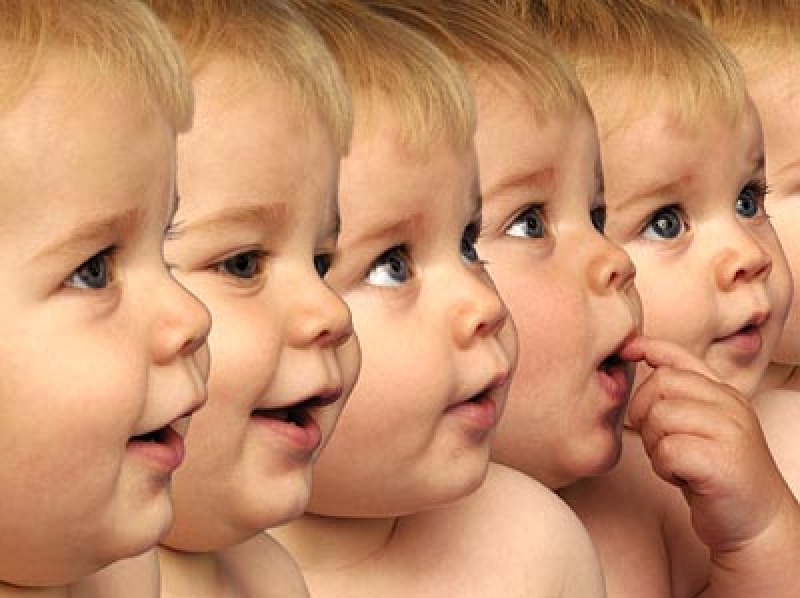
Scientists from an upcoming cloning factory in China claim that the facility already has the technology to proceed developing human clones.
They are only hoping that the world is ready to accept this notion that used to belong in the realm of science fiction.
The factory, which is backed by the Chinese firm Boyalife Group, is expected to officially open its doors and begin its operations in 2016. Once opened, it will be regarded as the world's biggest operational cloning facility, the Daily Mail reported.
It will mainly focus on cloning livestock and other animals including police dogs and racehorses. For its first assignment, the factory is targeting to produce one million cloned cows by 2020. Aside from being direct clones, these animals will also be genetically modified so their beef will taste like Kobe, according to the scientists.
But aside from animals, Boyalife Group is also aiming to clone humans. With the help of its partners, such as the Chinese Academy of Sciences and Sooam Biotech Research, a South Korean firm that already provides the lucrative service of cloning deceased pets for their owners, Boyalife Group is already on the verge of creating cloned primates.
Once this is successfully achieved, the next step would be human cloning.
"The technology is already there," Xu Xiaochun, chief scientists of the factory told AFP according to Reuters. "If this is allowed, I don't think there are other companies better than Boyalife that make better technology."
Xu only hopes that the public will be ready to accept the concept of human cloning once it is developed. After all, there are still groups that oppose cloning due to its ethical implications. One of these is abusing the concept which could lead to the creation of humans only for the purpose of harvesting their organs and tissues.
For Xu, however, he noted that the concept of cloning can be used to offer parents the option to choose the genetic characteristics of their offspring.
"Unfortunately, currently, the only way to have a child is to have it be half its mum, half its dad," he said. "Maybe in the future you have three choices instead of one. You either have fifty-fifty, or you have a choice of having the genetics 100 percent from daddy or 100 percent from mommy."
"This is only a choice," he added.


















